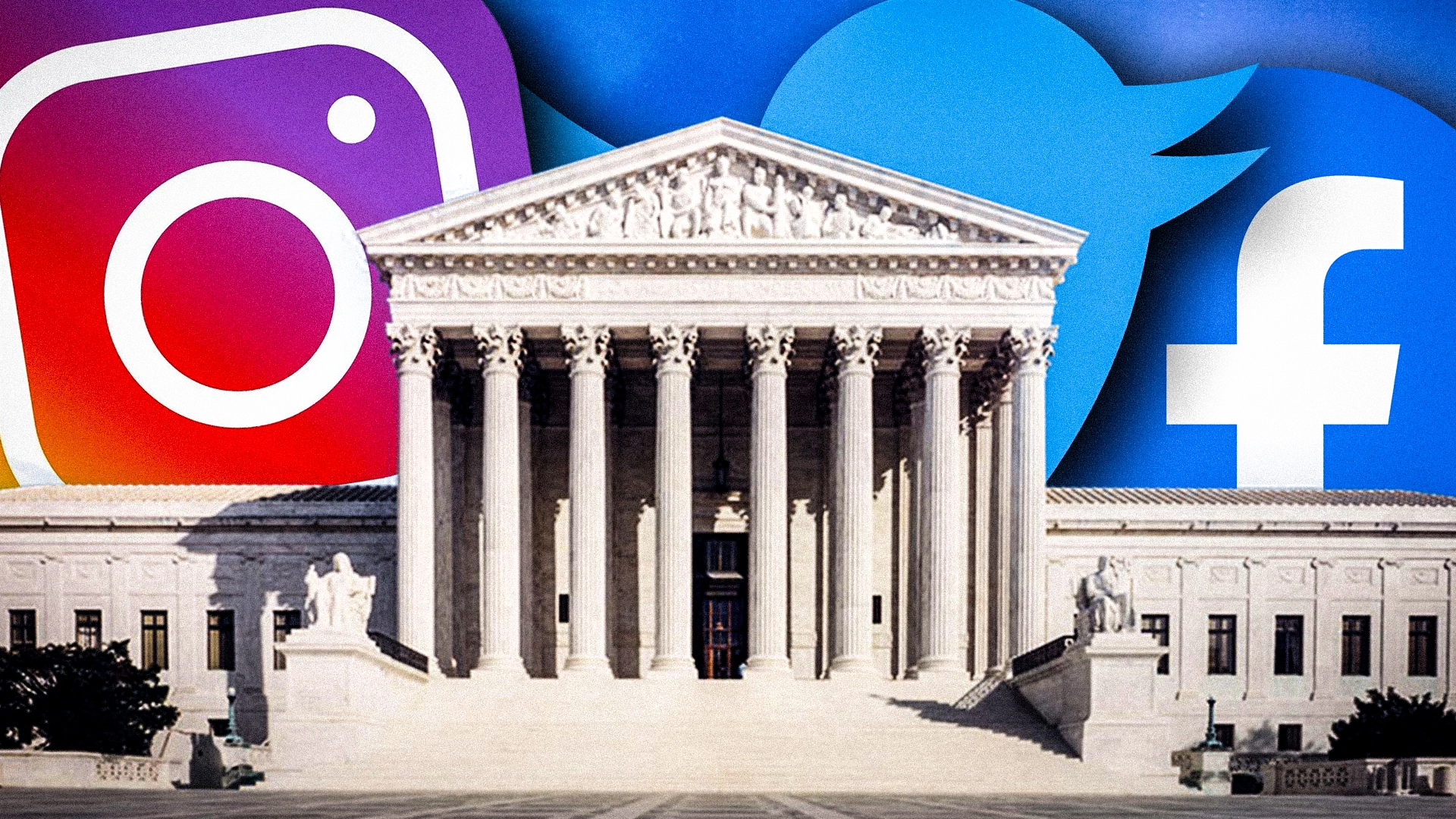The US Supreme Court will take up two cases relating to free speech rights in the context of social media platforms such as Facebook and Twitter. The justices will evaluate whether the First Amendment prohibits government officials from restricting access to their critics on these sites. The cases in question involve Southern California public school board members who blocked parents from their Facebook and Twitter profiles, and a Michigan man who was denied access to a city official’s Facebook page after expressing disapproval of the local government’s handling of the COVID-19 pandemic.

The first case revolves around Michelle O’Connor-Ratcliff and T.J. Zane, elected officials of the Poway Unified School District. The two officials blocked Christopher and Kimberly Garnier, parents of three students in the district, from their Facebook and Twitter accounts after the Garniers made numerous critical posts regarding issues such as race and school finances. The Garniers subsequently sued O’Connor-Ratcliff and Zane in federal court, arguing that their First Amendment rights had been violated.

T.J. Zane (left), Michelle O’Connor-Ratcliff (right)
According to the Garniers’ court filing, both Zane and O’Connor-Ratcliff had public Facebook pages that identified them as government officials. Zane’s page was titled “T.J. Zane, Poway Unified School District Trustee” and featured a photo of school district signage. O’Connor-Ratcliff also had a public Twitter profile and Facebook page, where she identified herself as “President of the PUSD Board of Education” and provided a link to her official email address. In 2021, a federal judge in California ruled in favor of the Garniers, and the San Francisco-based 9th U.S. Circuit Court of Appeals upheld the decision in July, agreeing that the school board members had used their social media accounts as “channels of communication with the public” about school board business.

Kimberly Garnier (left), Christopher Garnier (right)
The second case involves Kevin Lindke, a Port Huron resident who was blocked from City Manager James Freed’s public Facebook page after posting criticism related to the COVID-19 pandemic. Lindke sued Freed in federal court, asserting that his First Amendment rights had been violated. According to Lindke’s court filing, Freed’s public Facebook page identified him as a “public figure” and featured a photo of him wearing his city manager pin, as well as regular updates about city programs and policies. A federal judge ruled in favor of Freed in 2021, and the Cincinnati-based 6th U.S. Circuit Court of Appeals agreed in July, stating that Freed had not been acting in his official capacity when he blocked Lindke on Facebook.

Kevin Lindke (left), James Freed (right)
Both petitioners have urged the Supreme Court to resolve the conflicting outcomes in these cases, which they argue reflect a division among lower courts. The Supreme Court’s decision to hear these cases follows a similar First Amendment issue in 2021, which concerned former President Donald Trump’s attempt to block critics from his Twitter account. The court ultimately ended the legal dispute, deeming the case moot after Trump left office and dismissing a lower court’s decision that found him in violation of constitutional free speech rights.






